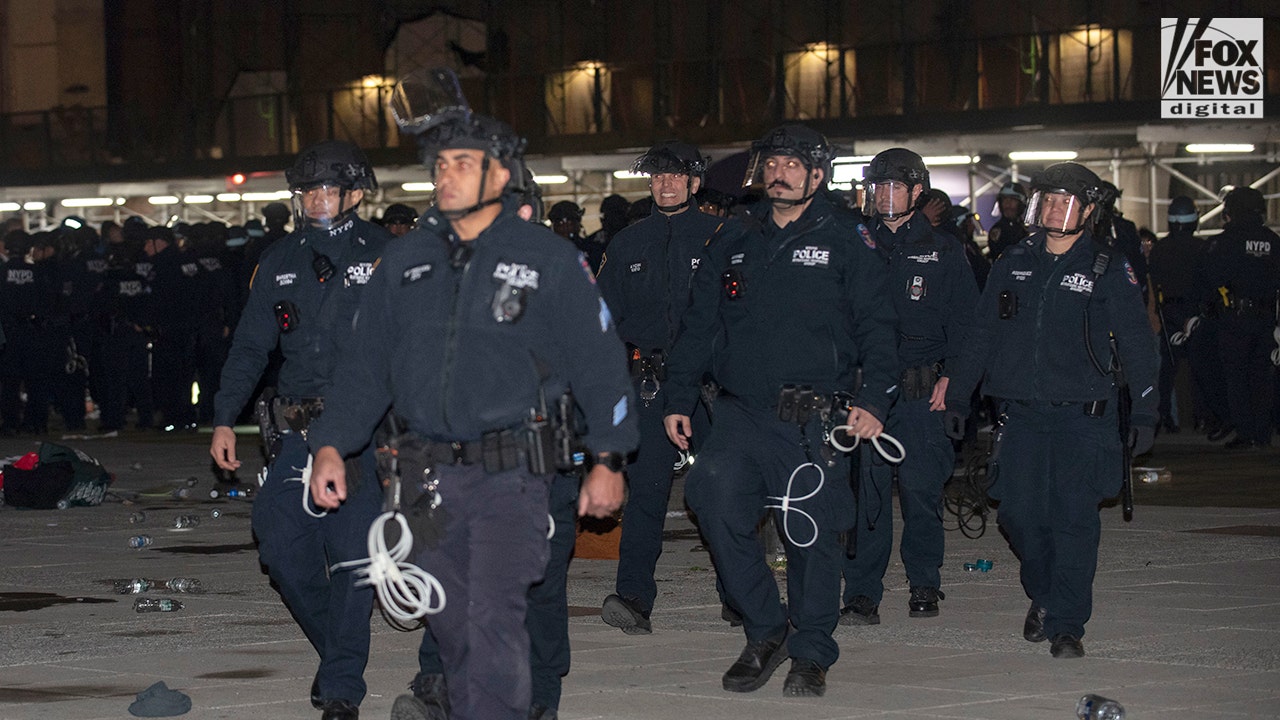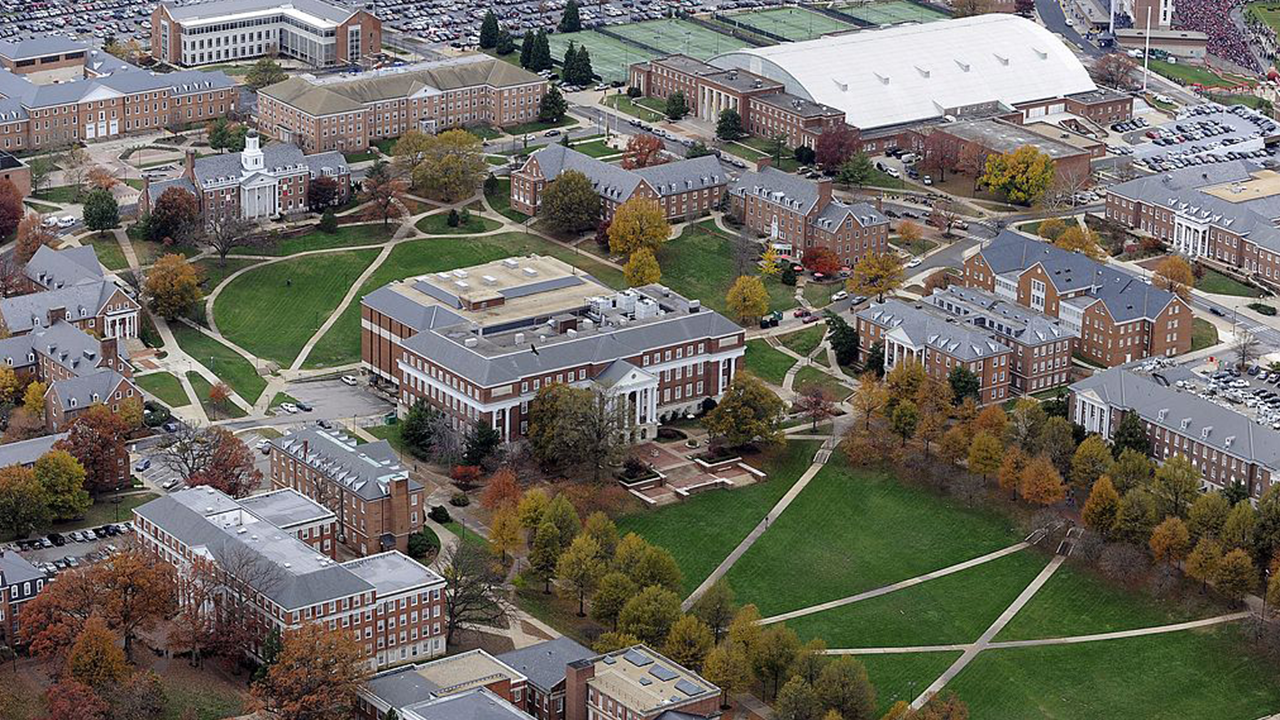The abrupt failure of Massachusetts’ 911 system on Tuesday was a stark example of the disastrous consequences that can occur when an emergency network that is supposed to be reliable is, without warning, suddenly unreliable.
The outage, lasting nearly two hours, prompted a scramble among emergency agencies as they directed the public to reach out directly to the local authorities at less-familiar phone numbers or, as a last resort, go in person to their local firehouse.
Last year, more than 3.2 million contacts were made to emergency call centers in Massachusetts. Calls to 911 fluctuate significantly through the day, but that comes out to an average of 367 calls an hour, an indication of just how impactful the outage on Tuesday may have been.
It was far from the first 911 outage to strike a large region. Several major failures in recent years have sent officials scrambling.
In June 2020, an equipment problem led to a vast T-Mobile outage across the United States during which 23,000 calls to 911 went unconnected. The company later agreed to pay a $19.5 million settlement.
In September of that year, a 911 provider was doing preparatory work to update its system and inadvertently created an outage that lasted an hour and 17 minutes across more than a dozen states.
The causes of 911 outages can range from software problems to old-fashioned blunders. In April, 911 service was knocked offline in parts of four states after a problem caused by the installation of a light pole, a telecommunications company said.
“You and I and everybody take 911 for granted,” said Brian Fontes, the chief executive of the National Emergency Number Association, an advocacy group for dispatchers and other jobs related to 911 services. “We just always expect it to work. And, to be truthful, it works very well on good days.”
But, he added: “Not every day is a good day, as we’ve seen in Massachusetts today.”
The outage in that state on Tuesday came during a heat wave in the Northeast that shot thermometers up above 90 degrees in Boston. The scorching temperatures and high humidity were expected to continue in the coming days.
Mr. Fontes said it would be important that a thorough investigation be undertaken to learn what had caused the outage and prevent a similar problem in the future. Massachusetts’ State 911 Department said it was still looking into the cause.
The failure on Tuesday also brought more attention to the nation’s effort to push states and 911 centers into putting in place so-called Next Generation 911, in which operators will be able to get more data from callers more quickly, including photographs, videos and text messages.
Mr. Fontes said the upgrades would create more redundancy in the system so that if a call center were overwhelmed or experienced an outage, calls could be rerouted to other available operators.
He said Congress would need to provide more money to help fund the $15 billion estimated cost of upgrading 911 systems across the country. Ten former leaders of the Federal Communications Commission recently urged Congress to do so.
The United States has more than 4,600 public safety answering points where 911 calls are received, and more than 213 million calls were made to those centers in 2021, according to government figures. Several states did not report the total number of calls received.
More people have been texting to get emergency help as states roll out the Next Generation 911 infrastructure. In 2021, 38 states reported about 508,000 texts to 911, up from 188,000 in 2018.






